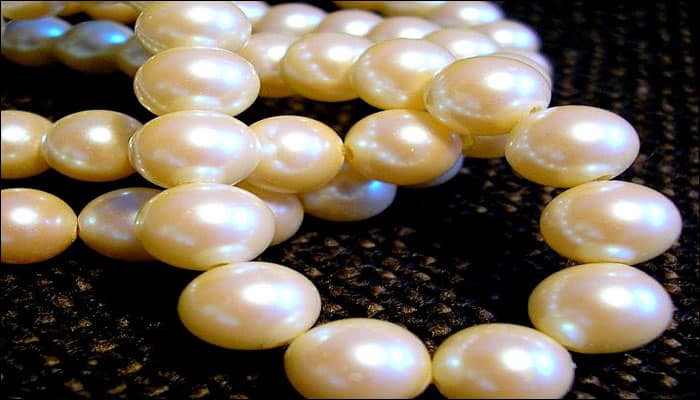New Delhi: Pollution has lead freshwater pearl-producing mussels to stop breeding for more than 60 years in parts of England, thereby causing the pearls' near-extinction.
Freshwater pearls – which once lured Roman Emperor Julius Caesar to invade Britain – are facing extinction because freshwater mussels are much slower growing and far more susceptible to changes in water quality.
Their life cycle also involves clinging to the gills of salmon or trout for the first year of their lives, so dwindling fish stocks may affect.
There are only nine rivers in the north of England where the freshwater mussel survives, and two in the south of England, both in Devon.
"The whole southern populations have nearly been wiped out. It's amazing there are still any here," Izzy Moser, from the Devon Wildlife Trust in the UK, was quoted as saying by 'The Times'.
None of the mussel populations in England is classed as sustainable, because pollutants like chemical run-off from farmers' fields, soil erosion and sewage have stopped them reproducing, according to Freshwater Biological Association (FBA).
In 55 BC, when Julius Caesar invaded Britain, freshwater pearls were a mainstay of the island's mineral wealth. Pearls seem to have been the lure that prompted Julius Caesar's invasion of Britain, researchers said.
"Where there used to be vast mussel beds there are just shells and a handful of old mussels. The youngsters are not coming through the process. They are not surviving to adulthood," said Roger Sweeting, from the FBA.
(With PTI inputs)
















